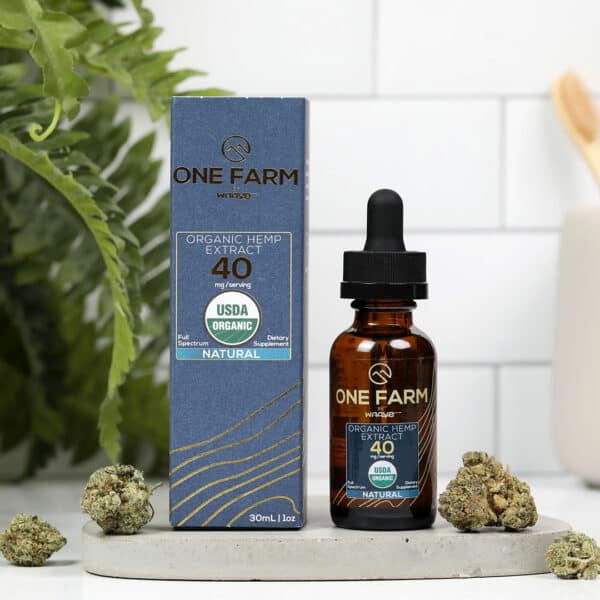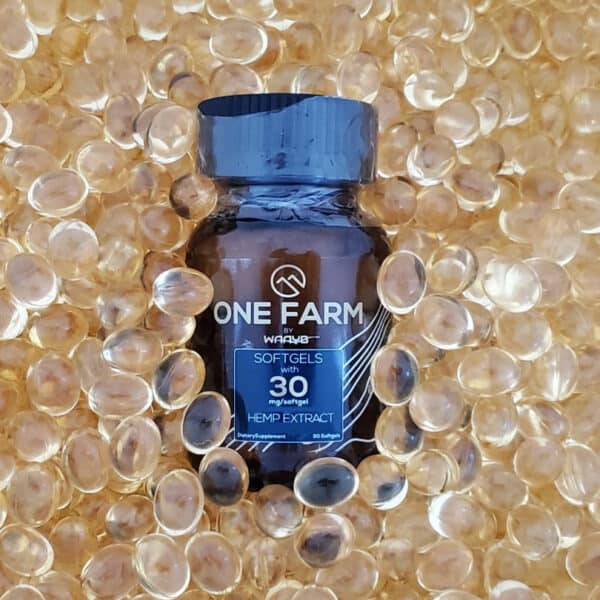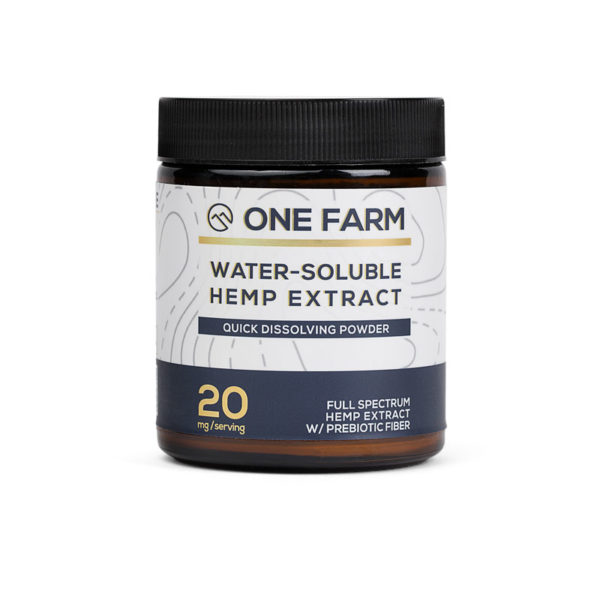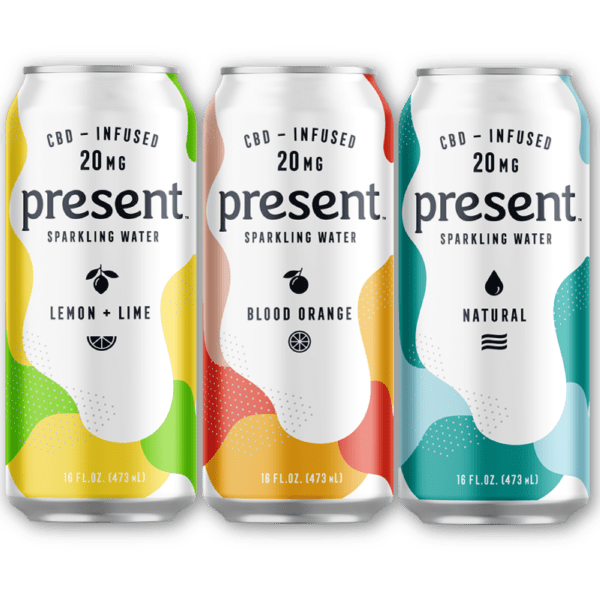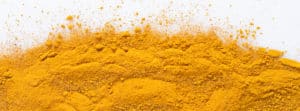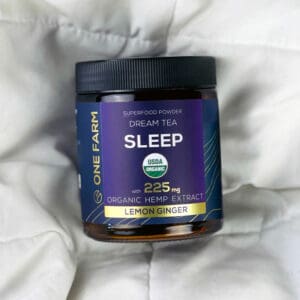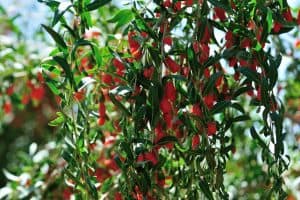The Complete Guide to CBD’s Uses and Benefits
Organic CBD is full of promises, but learning what CBD oil really does for your body isn’t always easy. That is why we’ve compiled our knowledge and resources to bring you this comprehensive guide to make it easy to incorporatie CBD into your routine.
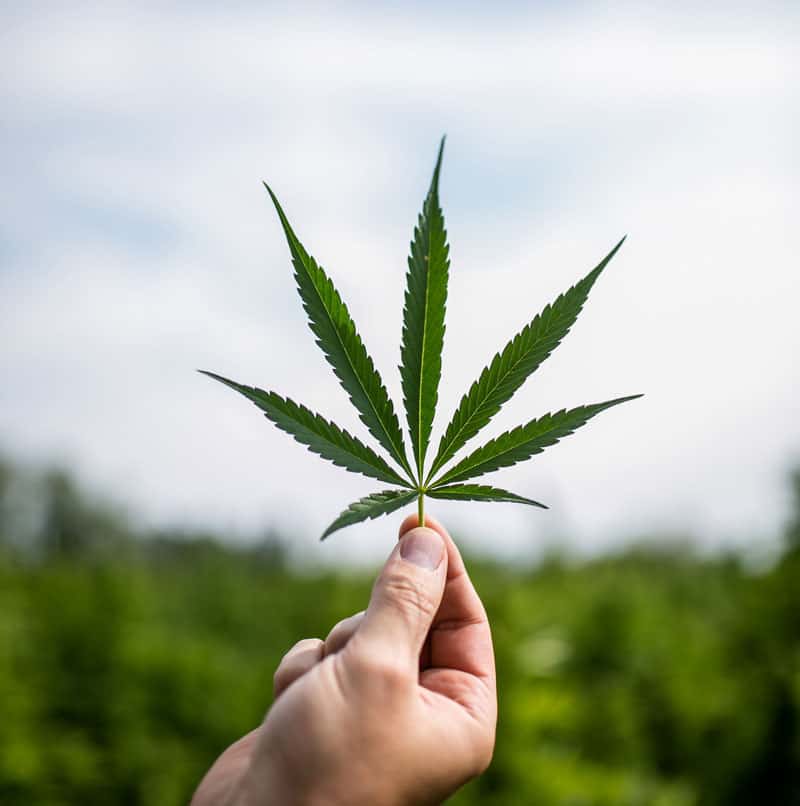
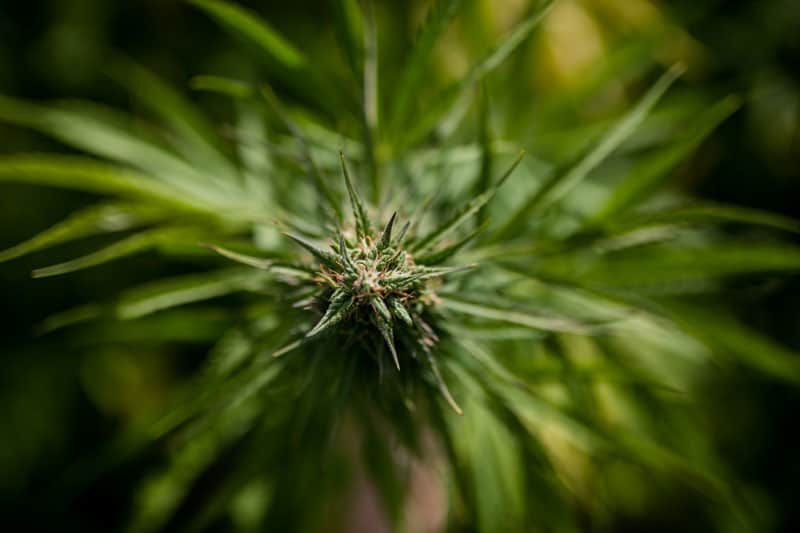
Cannibis: An Evolving Symbol
The cannabis plant is both remarkably unassuming, and deeply poignant. As a symbol, it has taken on many guises in our lives – some good, some bad – across thousands of years’ worth of human history. The ever-changing impression it leaves on individuals around the world is, of course, a fundamental part of its checkered history – but, whether as smoke, oil, steam, or a bitter, earthy taste in food, the plant’s ability to make a genuine difference to how we feel has never been lost.
In fact, more so than ever before, we are able to explore, discover and experience the remarkable benefits that the cannabis plant may be capable of offering. In the US, changing perceptions toward cannabis mean that we now have the freedom to ‘see for ourselves’, rather than follow existing lines of thought toward an outdated conclusion.
CBD oil, extracted from the newly harvested leaves and flowers of the cannabis plant, represents one of the most powerful forces behind cannabis’ continued evolution within the wellness industry. Its use has, for many of us, become as natural as stretching in the mornings, brewing that first pot of coffee, or mulling over the day’s plans under the flow of the shower.
For others, it remains something of a mystery. Its long list of potential and reported benefits can serve to make it seem too good to be true – a ‘fix all’ that, in the end, spreads itself too thin. Furthermore, as a product of the cannabis plant, it carries connotations that, for some, can still be daunting.
For this reason, we have put together our complete guide to CBD. Below, you will find everything you need to know, from its uses and potential benefits to its history and ongoing significance for contemporary research.
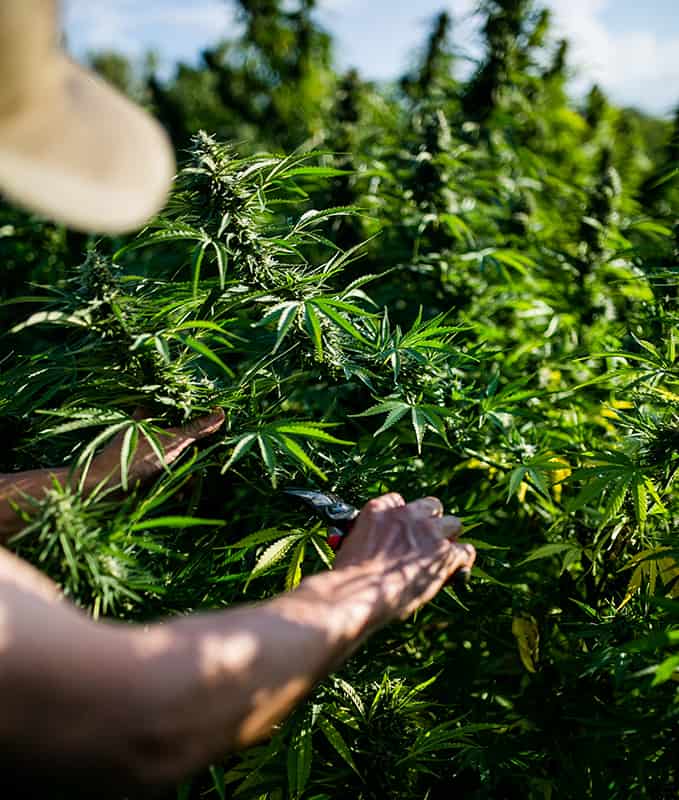
First, What is CBD?
The cannabis plant contains a unique profile comprising various compounds and nutrients. In the seeds, natural proteins and amino acids are abundant; in the leaves, compounds known as cannabinoids are in rich supply, with one particular cannabinoid – CBD, or cannabidiol – being one of the most common.
When learning about CBD, one of the most important things to understand is its distinction from THC – another cannabinoid found in cannabis, and, of course, the most widely known.
THC is the cannabinoid responsible for the ‘high’ associated with smoking and eating cannabis, while CBD does not have the same impact on our mental faculties.
When ingested, CBD is capable of interacting with the body’s endocannabinoid system (ECS) – an incredibly complex network of receptors thought to be involved in functions as diverse as pain, mood, appetite, memory, fertility, and immunity. The ECS remains something of a mystery, though it remains a key topic for many researchers looking for new ways to treat a broad spectrum of conditions, from chronic pain conditions to depression and anxiety.
In these lines of inquiry, CBD takes on a central role. Its ability to act as a neuromodulator within the endocannabinoid system, and to interfere with the usual pathways these physical and mental experiences take through the body, holds remarkable potential for the future of medicine.
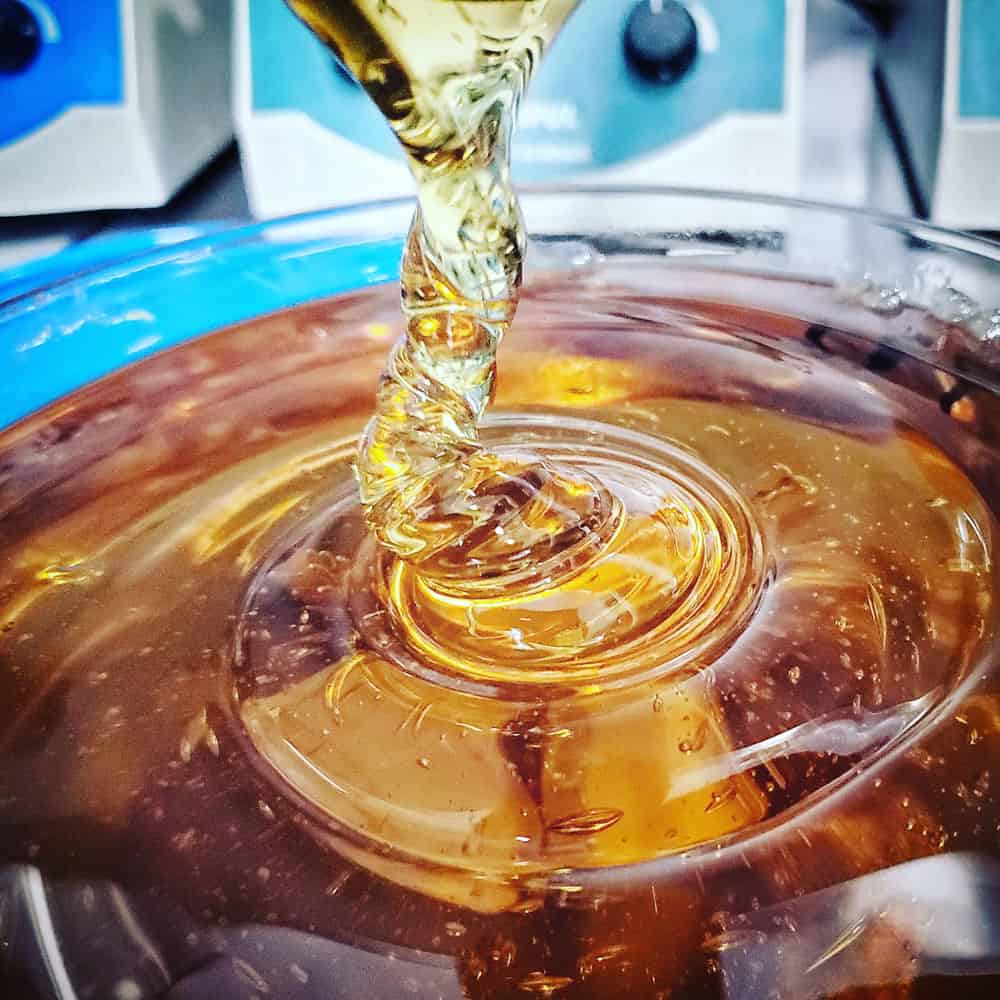
Okay, so what is CBD Oil?
CBD exists within the leaves and flowers of the cannabis plant, but many of us would rather not consume or smoke them as they come out of the ground. This is primarily down to the fact that, since the cannabis plant is abundant in THC, using it in its natural form means experiencing the psychoactive effect for which the plant is famed.
For this reason, growers and producers have devised various methods for extracting CBD from the plant, and combining it with a carrier oil in order to make it easy for us to reap the benefits of cannabidiol, in a more convenient way.
This oil can be flavored, and the concentration the CBD varied. In this form, it is easy to combine the oil with a drink, or drop it directly under the tongue.
We mentioned above that, when it comes to CBD, there are various methods of extraction. It is important for anyone interested in using CBD to understand that these methods cause significantly different results, with some being capable of producing much more beneficial concentrates (to be combined with the carrier oil) than others.
At One Farm, we remain dedicated to a process known as Supercritical CO2 Extraction for all of our CBD extractions.
‘Supercritical’ is a term that, at its most basic, refers to a substance existing in a state between liquid and solid. Thus, the CO2 is brought to a state that offers the quality of both states, capable of drawing the CBD and other oils from the plant.
Our use of CO2 ensures that the plant does not come into contact with any harsh solvents, and that, as a result, the CBD we produce remains USDA certified organic, and untainted by potentially harmful toxins.
What We Know About CBD Right Now
While cannabis has been used for its medicinal properties for thousands of years, its significance (and, of course, legality) in many parts of America – and other parts of the world – remains very new. As a result, many lines of research remain relatively young.
Scientific inquiry is a highly demanding practice. For any hypothesis to become a definitive claim, it needs to be backed by an incredibly robust collection of clinical trials and long term observational studies (among plenty of other things).
So, while a substantial body of research already exists around CBD, there is simply not enough for anyone to give scientific confirmation to many of the anecdotally-supported hypotheses out there. Time will no doubt play the decisive role here, enabling those in research to collate and augment the existing literature on the subject.
So far, CBD has only been licensed as a treatment for epilepsy, but many believe there are plenty more breakthroughs on the horizon for this cannabidiol.
What we do know is that, for many people, CBD represents a safe dietary supplement with a relatively low risk of side effects, and that it has already demonstrated promise in a number of areas – and among its users, whose anecdotal evidence tells its own story – which we will detail below.

CBD’s Potential Benefits for Inflammation and Pain
Living in pain, even for a short while, can have a profound impact on our outlook and mood. For those suffering indefinitely
Many conditions are characterized by inflammation – and, in many situations, inflammation serves a vital role. When caused by an injury, for instance, inflammation signals the body forming a ‘protective barrier’ around the site of the injury, in order to ensure that it can heal properly without contracting an infection. It is, for this reason, a necessary part of a healthy immune response, and is not something that needs to be treated.
If, however, inflammation becomes chronic, then we can begin to experience some debilitating effects. Arthritis, diabetes, and certain mental health issues are characterized by chronic inflammation. In cases where no definitive cause is found, a long list of more general side effects can occur, such as chronic fatigue, interrupted sleep, digestive troubles, and pain.
Where CBD Might Help
It is widely thought that the endocannabinoid system possesses immunomodulatory effects, essentially meaning that it holds influence over the body’s inflammatory and pain responses. According to a number of studies, cannabinoids like CBD may be capable of regulating the endocannabinoid system, and, by extension, of having an anti-inflammatory effect within the body.
This is no doubt one of the driving forces behind CBD’s rising significance in daily life. With so many of us suffering from conditions characterized by chronic pain and inflammation – from stubborn sports injuries and migraines to MS and arthritis – an efficacious alternative to pharmaceuticals could prove pivotal for thousands of people.
These anti-inflammatory properties may also prove invaluable when not ingested. Our Turmeric Relief Cream, for instance, includes our organic CBD, and offers palpable relief to inflammation within the joints and muscles.

Does CBD have Potential Benefits for Mental Health?
Just like our physical health, our emotional health is something that we will spend our lives working on, caring for, and trying to fathom. We are our own most complex subjects, and, at times, making external changes to our routines and lifestyles is not enough to keep our moods above the waterline.
Fortunately, mental health remains such a fundamental topic of discussion that new avenues for treatment are continually being explored, particularly when it comes to unravelling the mystery of the body’s endocannabinoid system, and the role CBD can fulfill within it.
In a recent study, Oberbarnscheidt, Thersilla, and Norman S Miller authored. “The Impact of Cannabidiol on Psychiatric and Medical Conditions.” Journal of clinical medicine research vol. 12,7 (2020) “CBD is purported to be used for various medical and psychiatric conditions: depression, anxiety, post-traumatic stress disorder, Alzheimer’s or other cognitive illnesses as well as pain. There is also a new trend to use CBD for the treatment of opioid use disorder.”
Where CBD Might Help
Another review of around 40 years’ worth of insight into CBD’s potential neuropsychiatric effects demonstrates plenty of promise for those suffering a broad spectrum of mental health woes, from substance abuse to depression and PTSD.
CBD also shows promise as an anxiolytic – or a treatment for anxiety. Studies have demonstrated strong results in favor of CBD as a treatment for OCD, social phobia and anxiety, PTSD, and panic disorders, although there is not yet an official consensus on dosage requirements for those looking to use CBD as an alternative to more traditional medications.
As such, any company promising a ‘cure’ for depression or other related mental health conditions should be avoided.

CBD’s Potential Benefits for the Heart
The importance of knowing how to take care of our hearts – and finding a way to instate those healthy habits and practices into our everyday lives – means paying close attention to everything, from diet and activity levels to avoiding unhealthy substances, and ensuring that we get that regular check-up booked in with the doctor.
Still, heart issues remain among the most common health complaints in modern life – a fact which explains why the heart remains the focal point for so much of modern medical inquiry.
Where CBD Might Help
As we mentioned above, CBD is thought to possess some pretty impressive anti-inflammatory and antioxidative properties. This can mean different things for different areas of the body but, for the heart, it is thought to play an important role in moderating the activity of the endocannabinoid system, and protecting against dangerous spikes in blood pressure during stressful scenarios.
Further research has found some potential uses for CBD in protecting against stroke, and any breakthroughs in this area represent exciting prospects for all of us.

CBD’s Potential Benefits for Our Long Term Health
Of course, given the fact that the timeframe between cannabis holding a largely taboo status in America, and it rising to the very forefront of the wellness industry, is so brief, one thing we are lacking more than any other are long-term case studies spanning decades’ worth of use.
Thus, understanding its impact on our long-term health is a process of analysing the data available, and making predictions based upon the observational and theoretical knowledge available to us now.
Some studies have suggested that, in addition to offering some relief from the side effects of cancer treatment, CBD may boast promise as an anti-cancer drug. It will no doubt be many years before researchers can feel confident in CBD assuming this role in the medical world, but this serves as valuable insight into quite how pivotal CBD may be for the medical world, and all of us.
Again, CBD is not a treatment for cancer, and any false claims should be ignored.
CBD, and Realizing the Benefits
Everyone’s experience of CBD – and their requirements from it – will be different, but there are certainly ways of ensuring that you stand to glean the most benefit from this supplement.
First of all, the importance of investing your money into only USDA certified organic CBD cannot be overstated. USDA certification means that, from the moment the seed is planted in the earth to the moment the CBD is extracted from the leaves and flowers, the grower and producer have adhered to some pretty rigid requirements, designed to ensure the natural integrity of the product.
We look at this in a little more detail in our Guide to Organic CBD, but suffice to say that the health benefits of CBD oil created in an environment that does not adhere to organic practices risk being undermined significantly.
Similarly, a full spectrum organic CBD oil offers a much longer list of health-giving compounds than a CBD isolate.
Full spectrum means that the oil extracted from the cannabis plants has been interfered with as little as possible. The concentrate is not pure – it contains small amounts of other compounds, such as THC (less than 3% by weight) – but this is for the better. An isolate – that is, a concentration of more than 99.9% CBD – is not only limited in terms of the therapeutic benefits it can offer, but is also typically sourced from parts of the world with fewer regulations and safety protocols.
In essence, not all CBD oils on the market are created equal. Many companies stand to benefit from the lack of understanding among customers, who see CBD as a very new addition to the wellness world. A USDA certified organic full spectrum CBD isolate will have gone through minimal interference from ground to bottle, and will be subject to more stringent regulations for safety
CBD and You
CBD is largely unique. While so many of us are turning to natural treatments and therapies as a complement to modern medicine, there are few things that boast quite as much potential as CBD oil. The attention it has garnered in the world of wellness is echoed in the interconnected worlds of science and medicine, and, in just a few short years, some remarkable strides forward have been made in terms of our understanding of this compound.
It is incredible to think about quite how far we have come in recent years. For many of us, the cannabis plant seemed at odds with those models of health and wellbeing so ingrained within our lives – until, of course, it didn’t anymore.
Exploring the many uses and benefits of CBD is an enriching experience, and may just prove invaluable to you in the long run.
We are an open book. Don’t hesitate to reach out to us with any specific questions you have about incorporating our USDA Organic CBD into your daily routines. Knowledge is power, & we strive to be a continued resource in your CBD education.

